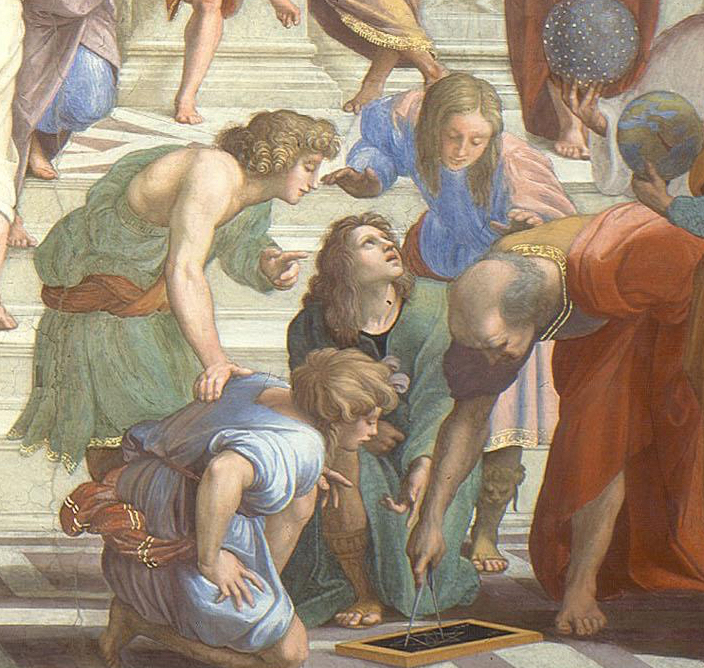Some Thoughts on Rian Johnson’s Knives Out (2019)
After watching (and appreciating) Rian Johnson’s Knives Out, I went to Wikipedia to see what the author(s) of that page had to say about the film. In the “Political Themes” section, I read this:
Graham Hillard, writing for National Review, states that the movie "revels in the alleged moral superiority of the ‘oppressed' and dares its audience to object." He points out that, "The question of who will possess a house becomes a metaphor for who will possess a nation." He says of the ending that, "Anyone who doubts that Knives Out is, and means to be, a commentary on the future of race dynamics in this country need only examine the movie’s intensely political concluding shot, in which Harlan’s family is cast from the manse and left to dwell in the outer darkness.”
Hillard’s assessment seems only partially valid to me. It is not the only assessment possible, and does not (at least in the excerpt quoted above) take into account other dimensions of the film. Critics on the left and right often try to draw morals from works such as Knives Out to illustrate their own political, social, or philosophical beliefs.
To begin with: Knives Out is entertainment. The producer and director, if they follow the traditional American movie-maker motivations, want to craft a well-made and profitable product. The film is not agitprop but a detective movie — a genre with a long history and many very worthy achievements. Like other entertaining films, Knives Out does seem to carry something of a political, or at least social message, as do many action and adventure films made during the last several decades (Sneakers, Tron, Iron Man, etc.) that often feature white males and capitalists as the Bad Guys.
So who, in Knives Out, are the heroes and villains?
The main hero, as I see it, is Detective Blanc. He solves the case, makes sure justice is served, and saves the somewhat befuddled Marta from a murder charge.
Marta herself is not a hero/heroine, but the beneficiary of her innate good character and the expert sleuthing of Blanc.
The Bad Guys are numerous in the family of “vultures” (Blanc’s phrase). But the root of the evil is the patriarch Harlan. He has mismanaged his family in such a way their characters become warped into dependent parasitism. To his credit, he comes to realize this radical flaw in himself, and tries to mend the situation by cutting them off from his money. The gesture is a complete failure, as the family members’ subsequent words and actions amply demonstrate. They have learned nothing, and will presumably nurse their grievances for the rest of their lives.
But do the vultures really represent all of Caucasian-American society? That seems an unwarranted stretch to me, as does the presumption that Marta’s character represents all Latinos/Latinas. Knives Out, after all, is an entertainment confined to an incident in the lives of one family and the skills of a detective who insures that everyone, good and bad, gets what they deserve.


